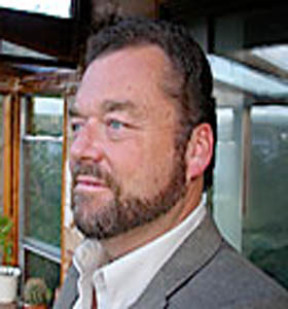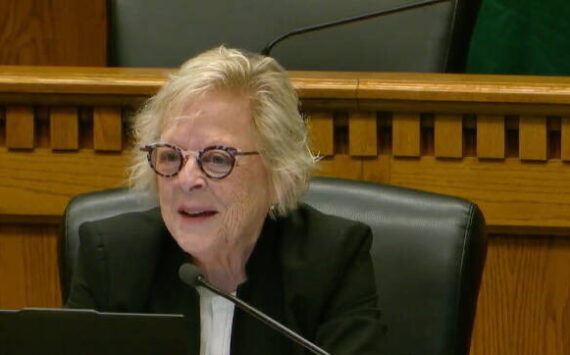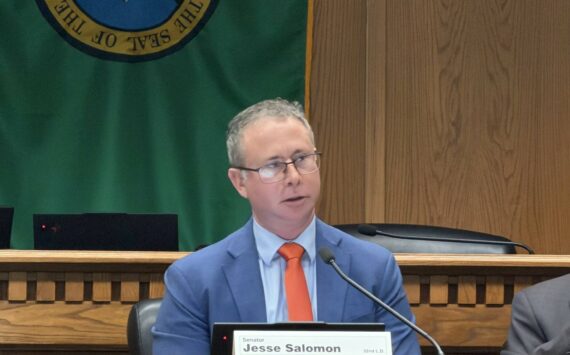To illustrate the duplicitous nature of business ethics, Christopher Gilbert likes to tell the story of Enrons Code of Ethics. The manual — which was provided to the companys employees while, according to Gilbert, its CEO Kenneth Lay criss-crossed the United States speaking at conferences on ethics — is now a collectors item on E-Bay. Theyre in great condition, said Gilbert, who spoke yesterday at a breakfast meeting on business ethics, hosted by the World Trade Center Tacoma. Theyre still shrink-wrapped and have never been opened or used.
Its a funny story with a certain saddening bite, particularly for Gilbert, who is Acting Director of the Tacoma Community College Center for Ethical Development and Chair of the Business Management and Organizational Leadership Program. He also serves as principle international graduate faculty at Beijing University of Technology, and is the founder of the Applied Business and Leadership Ethics Center, which specializes in ethics and values development, business conduct and social responsibility training, management team-building, and consultation and negotiation processes.
Any time you make a decision that has an impact on others, thats a choice of ethics, he said. Most people are intensely hungry for an answer to how to be more ethical to one another personally and in business. Yet, in business, ethics are often overlooked — whether in the classroom or the boardroom. According to Gilbert, who holds a Masters Degree in Business, ethics become less relevant the further one gets in business. Often, ethics courses are downplayed (or even ignored) in business schools. Gilbert cites a recent study reporting that 10-20% of MBA students who enrolled in an ethics course felt it was irrelevant and wondered why the course was offered at all.
Its not a condemnation of individuals, said Gilbert. Its a condemnation of the academic setting. Our approach to teaching closes the ears to ethics.
And yet ethics, as they relate to community-building, have a profound impact on business — particularly on an international level. Gilbert argued that the more stable and prosperous a nation, the more likely that corporations will want to conduct business with that nation. If theres civil unrest and corruption in that nation, corporations are more likely to stay away.
What are some tips for creating ethical business climates?
First, recognize the difference between knowledge and wisdom. Its simply not enough to know about ethics, said Gilbert. What one does with that knowledge is wisdom. In the business community, how you go about in your daily dealings — whether ethically or unethically — is the difference between knowledge and wisdom.
Second, link moral development to value-based decisions and actions. Ethics require progressive moral perspectives which frame our current and future actions, said Gilbert. He characterized three stages of moral development: pre-conventional (how will this business decision impact me), conventional (how will this business decision impact some people), and post-conventional (how will this business decision impact everyone).
Finally, cross the ethics threshold. Ethics is not about information, he said. Its about transformation. One simple way to affect ethical change in the workplace: refuse to engage in the spread of rumors and gossip.
As much as people point to Plato and Socrates as the founders of ethics, theyre writings on the topic many thousands of years ago might not be enough to address the complexities of ethics in business today, according to Gilbert. The old philosophers of ethics are not necessarily the answer for today, he said. They dont deal with todays complexities.
Gilbert also made a distinction between legal and ethical. Case in point: segregation during the early-20th century, which was highly unethical in any period, but very much legal at the time. Whats legal is not always ethical, he said. In fact, quite often, laws come after an ethical decision is made.








